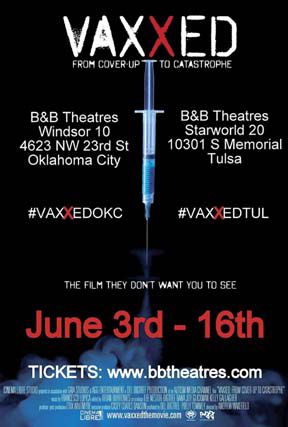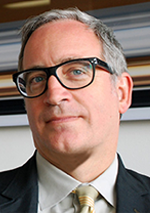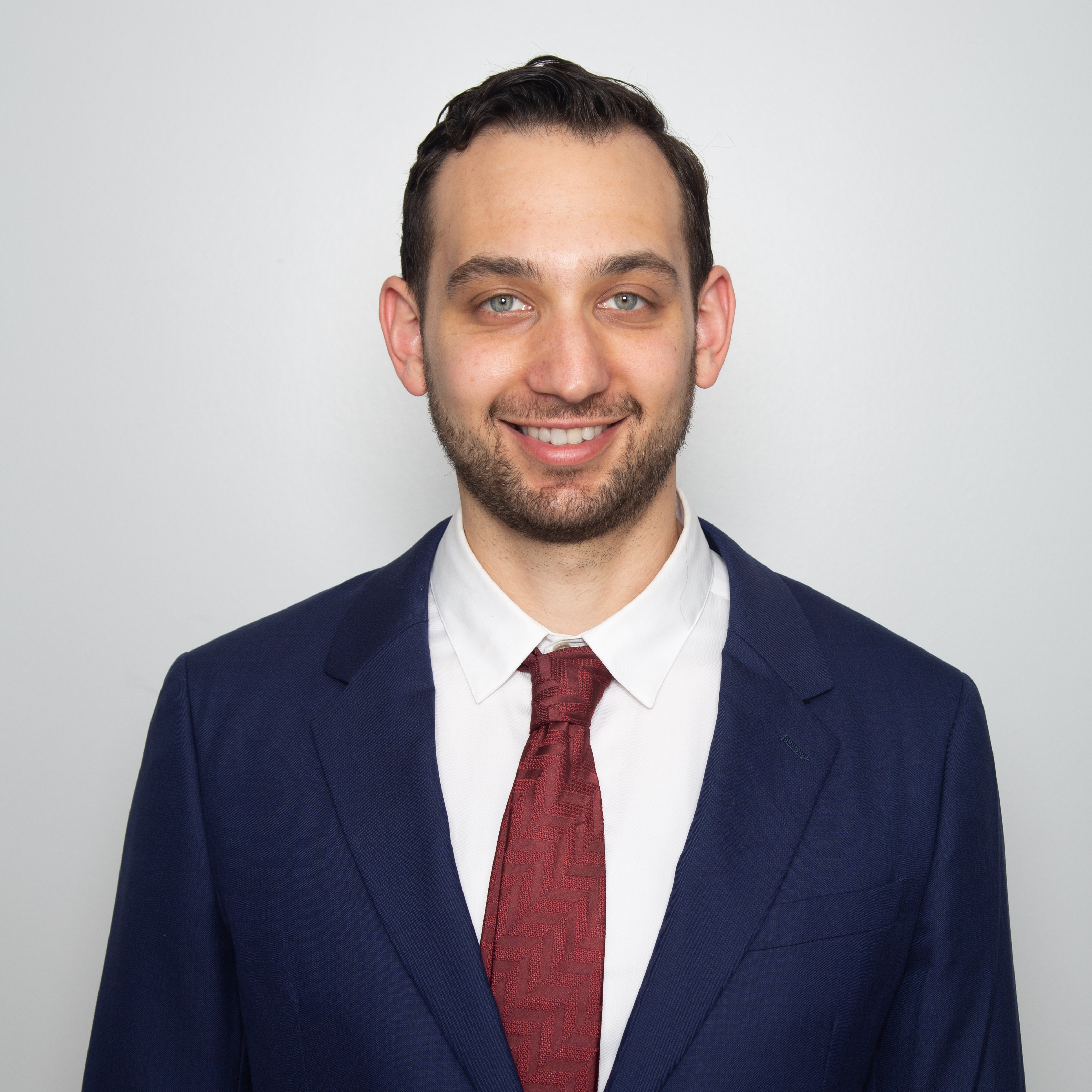
The controversial movie “Vaxxed: From Cover-up to Catastrophe” has been playing in Oklahoma City at the B&B Windsor 10 at 4623 N.W. 23rd St. for the past week. Because of the overwhelming ticket sales and response, the movie will be extended another week through Thursday. Tickets can be purchased at the door or online at www.bbtheaters.com.
“Vaxxed” experienced a rough beginning when it was pulled from the Tribeca Film Festival. Soon, other film festivals followed suit, banning the movie in multiple venues. However, the movie gained momentum and popularity within weeks, taking the screenings from just one theater to theaters across the nation and ultimately internationally. Thousands of Oklahomans have turned out to see the movie in Oklahoma City since June 9 when it opened.
Amidst the overwhelming response to the movie, producers, Del Bigtree and Polly Tommey, as well as director Dr. Andrew Wakefield, attended a Q&A dinner in Bricktown Wednesday evening, with over 140 Oklahomans in attendance. Doctors and legislators joined the crowd that turned out to learn more about the CDC cover-up from ones most familiar with the story.
Bigtree opened the Q&A by first asking all the parents in the audience with a vaccine-injured child to stand. Dozens of Oklahoma parents stood before he addressed the audience concerning the seriousness of vaccine injury, the need to fight against mandated vaccines, and a responsibility as citizens to fight for safer vaccines. Wakefield, Bigtree and Tommey all shared different motivations for telling the story of the CDC cover-up in the documentary. Tommey, a mother of a vaccine-injured autistic child, expressed her desire to be an advocate for other parents and children going through this difficult situation.
“I want people to never forget what has happened to our children,” Tommey said of her involvement with the documentary.
Bigtree shared his desire to protect the rights of parents to choose vaccination.
“I am totally against vaccine mandates. I can’t imagine why anyone who is pro-vaccine would ever say it’s a good idea to say that the government owns your baby and you do not, he said.”
Wakefield as a physician is more concerned for the children diagnosed with autism and their parents. He explained his motivation to create the film was to gain proper medical care for autistic children.
“The medical profession said put them in a home, get on with life. My first aim was to regress that balance and to put this firmly in the category of an organic disease which could be understood and new treatment designed,” Wakefield added. “I learned a great deal about that from the parents, they taught me everything I know. So it became a combination of providing medical care and help stop the epidemic by understanding what was causing it in the first place.”
The trio expressed separate reasons for creating the movie on a personal level but as a team they had one goal in mind: “I think the achievement would be getting Dr. William Thompson called before Congress. I don’t think we can get the changes we need until that happens,” Bigtree said. “Those scientists need to go to jail. I won’t be happy with a slap on the wrist. We have to show every scientist in the country that they can’t lie to the American public for any interest,” said Bigtree.


